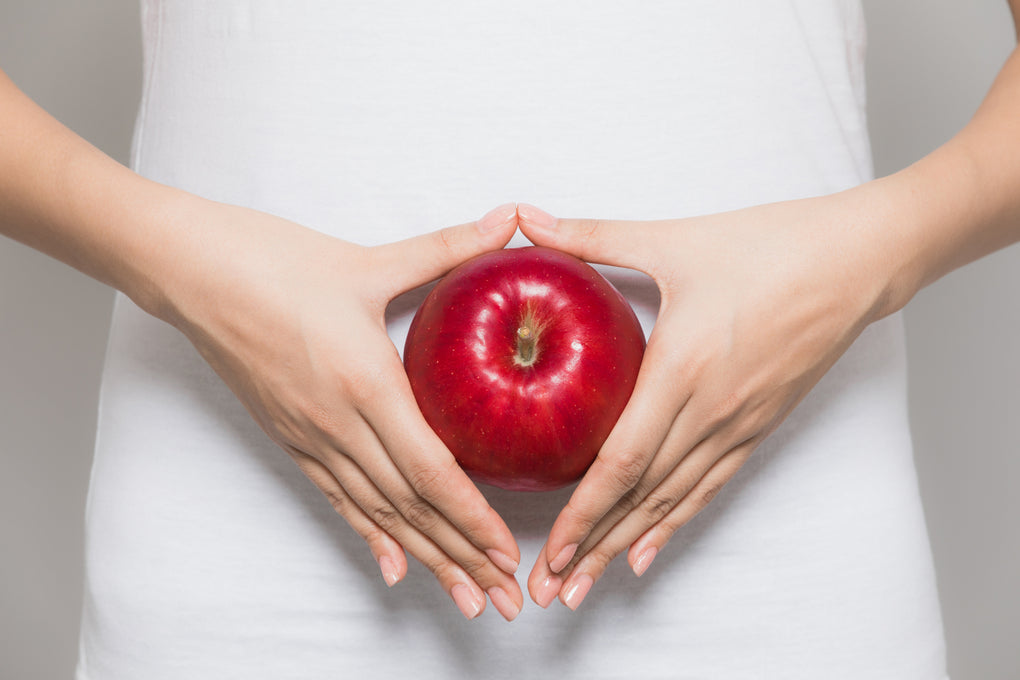Are probiotics enough? The importance of taking a PREbiotic with your friendly bacteria
15th May 2019 / Health
Are probiotics enough? The importance of taking a PREbiotic with your friendly bacteria
Zoe Milkowski

We have nearly ten times more bacteria in our gut than cells in our body, with the mass of these healthy gut bacteria totalling over 1kg. It therefore comes as no surprise that a healthy body (and mind) is heavily linked to a healthy gut. Our sensitive gut microflora can easily become unbalanced with even the slightest change in bacterial population having the potential to induce detrimental effects on our gut health. Millions of people choose to give their gut microflora a helping hand through the use of probiotics and positively reap the benefits.
Define: Probiotics
Probiotics are beneficial, non-pathogenic “friendly” bacteria and yeasts that have the potential to induce positive effects on your gut health. Probiotic bacteria work to balance the population of naturally occuring bacteria in your gut. They do this by adding to and co-existing with the population of friendly bacteria already present as well as, in some probiotic strain cases, inhibiting harmful bacteria reproduction and toxin release. Some probiotics work by competing with these harmful bacteria for nutrients and space in our gastrointestinal tract, and eventually, forcing them out.
The benefits of probiotics are not, however, just limited to the gut. Scientific studies have also shown that some specific probiotic strains have the ability to activate and strengthen our immune system, lessening the severity and duration of coughs and colds. Probiotics can refer to particular foods such as kefir, kombucha and probiotic yoghurts as well as probiotic supplements, such as Link Nutrition’s Symbiotic 7 supplement.
Define: Prebiotics
Many people have heard about probiotics and the benefits they offer, but how many of us have heard of and know the importance of PREbiotics?
Taking probiotics on their own is all well and good, however how useful are these friendly bacteria if they are not being nourished enough for optimal growth and colonisation? This is where prebiotics come in…
Prebiotics are indigestible carbohydrates that act as “food” for the probiotic bacteria. The prebiotic material travels through the upper GIT (gastrointestinal tract) undigested until reaching the lower GIT where it is fermented. The fermentation process releases nutrients that only the gut bacteria are able to feed on and high levels of prebiotics in our diets can also help to benefit the existing friendly bacteria in our gut. Some studies have even found that prebiotics are able to favour the growth and nutrition of the “good” bacteria over the harmful strains.
There are some natural sources of prebiotic fibre found in food, these include:
- Bananas
- Onions
- Apple skin
- Beans
Why are prebiotics so important?
The efficacy of a probiotic bacterial strain highly depends on its ability to resist the numerous natural barriers the body has in place along the length of the human GIT - from mouth to intestine. The bacteria must be able to withstand the acidic environment in the stomach without degradation, effectively travel down to the lower GIT and manage to ‘stick’ to the intestinal walls without being flushed out by bowel movements.
On top of this, the bacteria must also, somehow, find enough nutrients to survive and reproduce at the same time as competing with the other trillion or so bacteria already there. Seems like a hard task doesn’t it? Well, that’s why symbiotics exist. These helpful supplements combine a prebiotic nutrient base with the beneficial, friendly probiotic bacteria. The two components work together in synergy (hence the name) to allow the supplement taker to experience the best results from their probiotics.
From The Blog
-

25th February 2025 / Health
Empowering Women’s Health: Key Supplements for Well-being
Women’s health is a lifelong journey, with each stage presenting unique nutritional and wellness needs. From maintaining energy levels to supporting hormonal balance and bone health, the right comb...
Read article -

17th February 2025 / Health
Empowering Women’s Health: Lifestyle Tips and a Key Supplement for Perimenopause and Menopause
NaomiWomen’s health evolves through various life stages, and the transition into perimenopause and menopause brings unique challenges. During these phases, hormonal fluctuations can lead to symptom...
Read article -

10th February 2025 / Health / Products
The Best Foods and Drinks to Help Your Body Recover from Burnout
Burnout is a growing issue in today’s fast-paced work culture, leaving many people feeling exhausted, overwhelmed, and depleted. While rest and self-care are essential, nutrition plays a crucial ro...
Read article



